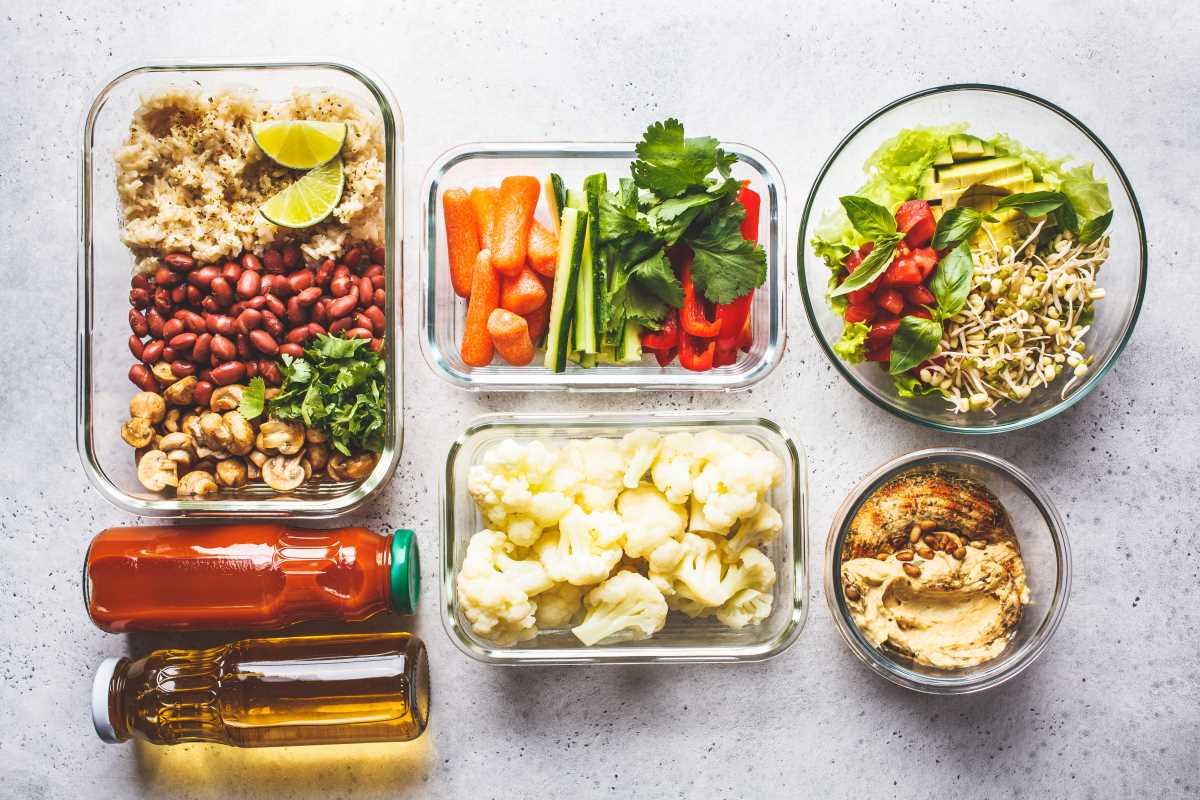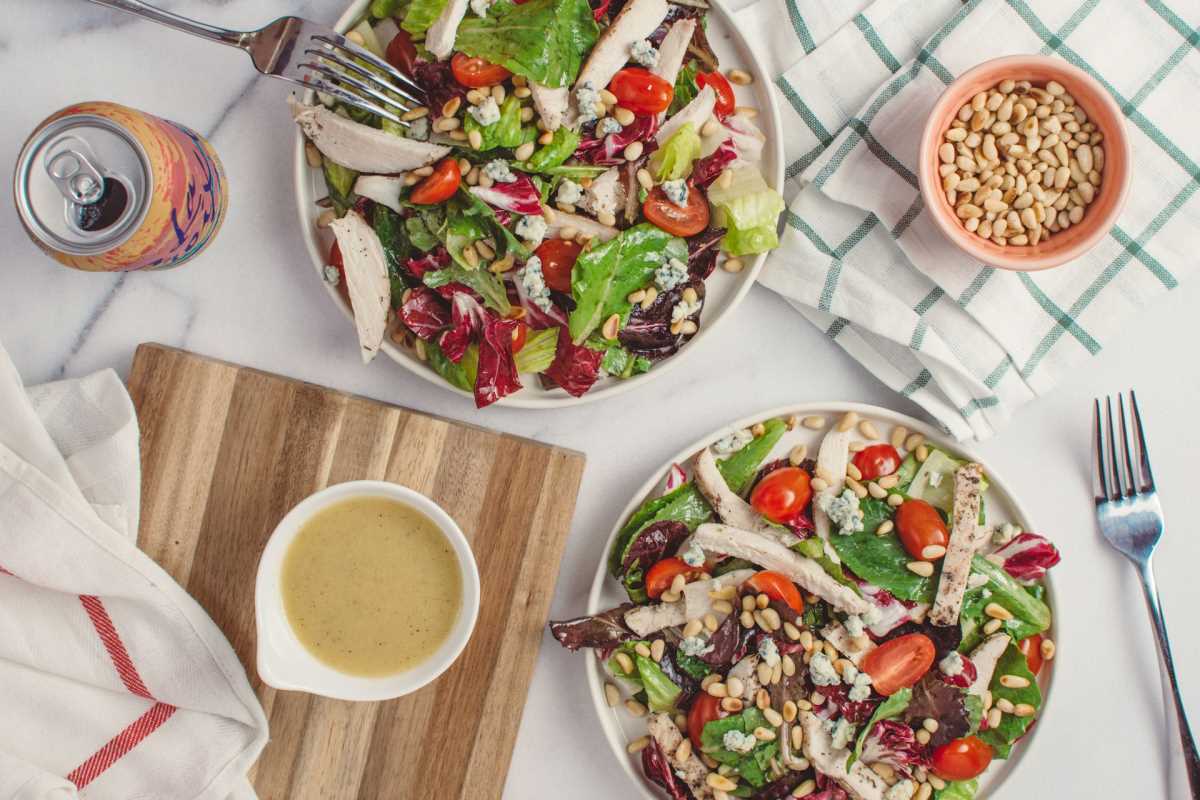Irritable Bowel Syndrome (IBS) is a chronic condition that can significantly affect your quality of life, influencing everything from your diet to your daily habits. Symptoms such as abdominal pain, bloating, diarrhea, constipation, and unpredictable bowel movements make managing day-to-day activities challenging. While there is no definitive cure, there are many strategies you can try to manage and reduce your symptoms effectively.
This expanded article dives deeper into lifestyle adjustments you can adopt to ease IBS symptoms and regain comfort, control, and confidence in your life.
1. Fine-Tune Your Diet
Diet plays one of the most critical roles in managing IBS symptoms, and what you eat directly impacts how your gut behaves. Making thoughtful changes in your eating habits can lead to noticeable improvements.
Limit Trigger Foods
Trigger foods vary from person to person, but there are common culprits like spicy dishes, caffeine, alcohol, fried foods, and processed snacks. Take the time to track what you eat and how your body reacts. For example, note whether greasy meals bring on bloating or if milk-based products lead to discomfort. Keeping a food diary or using a mobile app to log your meals can help you pinpoint patterns.
An example would be swapping fried chicken for grilled chicken or skipping cream-based sauces in favor of tomato-based ones. Small changes like these can result in a big difference in how you feel.
Consider a Low-FODMAP Diet
The low-FODMAP diet has become a go-to recommendation for those with IBS. FODMAPs, found in many everyday foods, are short-chain carbohydrates that don’t digest well for individuals with sensitive guts. These include onions, garlic, legumes, certain fruits like apples, and artificial sweeteners.
Switching to low-FODMAP alternatives can seem overwhelming at first, but the results are often worth it. Try replacing garlic with garlic-infused oil or apples with strawberries for a tummy-friendly substitute. Collaborating with a registered dietitian ensures you’re following this diet correctly while still meeting nutritional needs.
Stay Hydrated
Hydration is key for maintaining a healthy digestive system and managing constipation brought on by IBS. Aim to drink at least 6-8 glasses of water daily. Staying hydrated is especially important if diarrhea exacerbates your condition, as it depletes your body of fluids. Avoid sugary sodas or carbonated drinks, as these can add to bloating. Instead, reach for herbal teas like peppermint or chamomile, which are known for their soothing effects on the gut.
2. Manage Stress
While stress doesn’t directly cause IBS, it is known to exacerbate symptoms. Managing stress can be just as important as making dietary adjustments. Stress triggers the release of hormones that disrupt normal gut function, often leading to cramping, diarrhea, or constipation.
Engage in Mindfulness Practices
Practices such as meditation, yoga, and deep breathing exercises help lower stress and calm your digestive system. For example, dedicating just 10 minutes a day to meditation using an app like Calm or Headspace can help ease your mind and reduce IBS flare-ups. Progressive muscle relaxation, where you tense and then slowly relax different muscle groups, is another effective tool.
Guided visualization, which involves creating calming mental imagery, can also be a game-changer. Picture yourself walking along a peaceful beach or sitting in a serene forest. These exercises slow your body’s stress response, benefiting both your mind and gut.
Exercise Regularly
Exercise not only improves overall health but also reduces stress and supports digestion. Low-impact activities like walking, swimming, or gentle yoga can help ease IBS-related symptoms. Walking for 20 minutes after meals, for instance, can promote better digestion.
It’s wise to steer clear of overly strenuous activities like intense running or heavy weightlifting, as these could aggravate symptoms. A thoughtful mix of cardio and strength-based exercises, performed at a moderate intensity, ensures you stay active without overloading your body.
Prioritize Sleep
Getting enough restorative sleep is essential for stress management and gut health. IBS sufferers often find poor sleep worsens their symptoms, creating a vicious cycle of discomfort and restlessness. Aim for a consistent bedtime routine, free of electronics at least an hour before bed. Reading, journaling, or sipping warm peppermint tea can help create a soothing pre-sleep atmosphere.
3. Adjust Mealtime Habits
Sometimes, it’s not just what you eat but also how you eat that matters. Focusing on the process of eating and establishing gut-friendly habits can make a significant difference.
Eat Smaller, More Frequent Meals
Large meals can overwhelm your sensitive digestive system, triggering bloating and discomfort. Instead, try eating smaller meals spaced evenly throughout the day. For instance, swap two large meals for three smaller ones and two healthy snacks. Protein-rich snacks like a hard-boiled egg or a handful of nuts could prevent hunger while staying gentle on your gut.
Chew Your Food Thoroughly
Chewing isn’t just about breaking food into small pieces; it’s about starting the digestive process. Thorough chewing reduces the burden on your stomach and minimizes swallowed air, which can contribute to bloating. Challenge yourself to chew each bite 20-30 times before swallowing to encourage smoother digestion.
Establish a Routine
Routine matters more than you might think. Eating meals at consistent times helps your digestive tract anticipate work, leading to regulated bowel movements. For example, having breakfast at 8 am, lunch at 12 pm, and dinner at 7 pm can help stabilize your gut rhythm. Consider setting alarms as reminders until the schedule feels natural.
4. Experiment with Probiotics
Probiotics are live microorganisms that promote a balanced gut microbiome. Since IBS often involves an imbalance or overgrowth of gut bacteria, probiotics can help restore harmony.
Probiotic Foods
Eating fermented foods like yogurt with live cultures, sauerkraut, pickles, and kimchi can naturally introduce good bacteria to your system. A bowl of yogurt with fresh berries makes a gut-friendly and delicious snack. Even miso soup alongside your meals can be an easy way to incorporate probiotics into your diet.
Probiotic Supplements
If probiotic foods aren’t appealing or practical, supplements may be the answer. Look for strains like Bifidobacterium or Lactobacillus, which have been widely studied for their positive effects on IBS. Start with a low dose and gradually increase as recommended by your doctor to minimize potential side effects like gas or bloating.
5. Stay Physically Active
Physical activity doesn’t just help with overall health; it has direct benefits for IBS sufferers by aiding digestion and reducing stress.
Low-Intensity Exercise
Start with approachable activities like brisk walking, cycling, or tai chi. These exercises increase blood flow to the digestive tract and encourage movement through your intestines, helping with constipation. A post-dinner stroll, for example, can be both relaxing and beneficial for digestion.
Core-Strengthening Workouts
Building strength in your abdominal muscles can enhance gut motility and reduce bloating. Pilates, with its focus on core control, or routines involving planks and gentle twists, can be particularly beneficial. Besides, a stronger core can improve posture, which contributes to better gut health.
6. Build a Support Network
Living with IBS can feel isolating, especially when flare-ups disrupt plans. Creating a support system can inspire motivation and reduce feelings of loneliness.
Join IBS Support Groups
Whether in-person or online, connecting with a community of people who understand your experiences can be empowering. They can offer practical tips, emotional reassurance, and a sense of camaraderie. Platforms such as Facebook groups or Reddit threads focus specifically on managing IBS and encourage safe spaces for conversation.
Talk Openly About IBS
Being open with close friends, family, or coworkers about your IBS can improve understanding and support during difficult days. For example, explaining to a coworker why you need frequent bathroom breaks can ease awkwardness and foster compassion.
7. Work with Healthcare Professionals
While self-management is effective, collaborating with healthcare experts ensures long-term success and personalized strategies.
Consult a Registered Dietitian
A dietitian specializes in tailoring nutritional plans suited to your lifestyle and IBS needs. They can help manage elimination diets, ensure adequate nutrient intake, and guide you toward sustainable and effective eating habits.
Seek Therapy for Stress Relief
Mental health plays a significant role in IBS. Therapies such as cognitive behavioral therapy (CBT), which helps change negative thought patterns, or gut-directed hypnotherapy, which works at the mind-gut connection, have shown promising results. For instance, a licensed therapist could guide you through relaxation exercises targeted toward easing gut tension.
Stay in Touch with Your Doctor
Routine check-ins with your healthcare provider ensure your symptoms are properly monitored and addressed. Whether it’s optimizing medication, evaluating treatments, or ruling out other conditions, your doctor serves as a vital resource.
8. Track Your Progress
Identifying patterns in your symptoms, diet, and stress levels is key to improving your approach to managing IBS.
Use a Symptom Tracker
Consider using tools like the MySymptoms app or a physical journal to document your meals, stress levels, sleep quality, and symptom severity. Over time, these records will help paint a clearer picture of what works and what doesn’t.
Reflect on Changes
Regularly review your tracker and note improvements or setbacks. For example, you might realize adding an herbal tea before bed significantly reduces your morning discomfort. Adapting based on this data allows you to fine-tune your approach over time.
Managing IBS may feel like a constant challenge, but it’s possible to regain control through small, meaningful lifestyle changes. Whether it’s fine-tuning your diet, practicing mindfulness, exercising gently, or seeking professional support, each step brings you closer to symptom relief.







